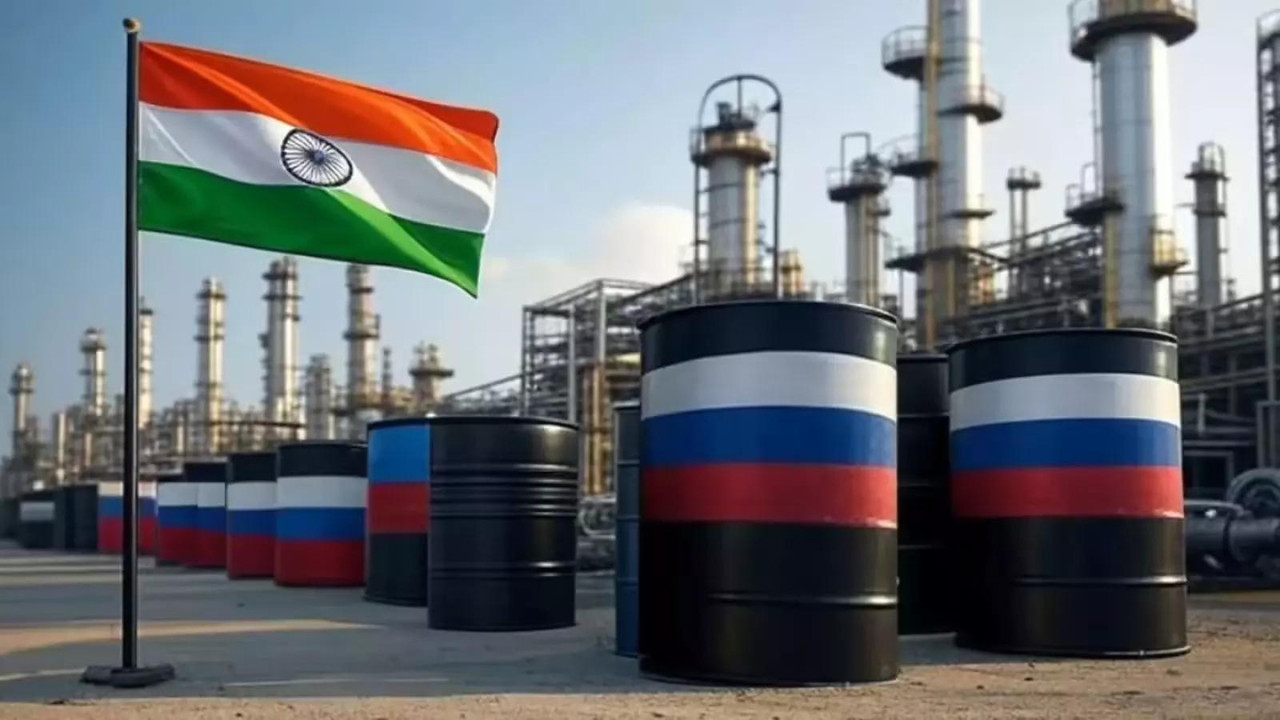China’s Envision Group is considering a $34 million battery manufacturing plant in India, aiming to support the nation’s renewable energy integration. The proposed facility would assemble battery systems, utilizing Chinese-sourced cells while developing local racks and software. This move comes as India faces storage shortages, hindering its renewable energy expansion and grid stability.
India’s Energy Revolution: Could Chinese Battery Giant Envision Play a Key Role?
Imagine a future powered by clean energy, where electric vehicles hum quietly through city streets and homes are lit by the sun’s captured energy. That future is closer than you think, and India is poised to be a major player in its unfolding. A crucial element in this transition is energy storage, and whispers from industry insiders suggest a significant development: Envision, a Chinese battery manufacturing powerhouse, is seriously considering establishing a massive battery plant right here in India.
This isn’t just idle speculation. Sources within the company hint at ambitious plans – a potential annual output of a staggering 34 gigawatt hours (GWh). To put that into perspective, that’s enough battery power to electrify a significant portion of India’s growing EV fleet and bolster its renewable energy grid. The implications are enormous, suggesting a potential acceleration of India’s green energy transition.
Why India, and Why Now?
Several factors make India an attractive location for a battery manufacturing giant like Envision. First and foremost, India’s demand for energy storage is exploding. The nation’s commitment to renewable energy targets, coupled with the government’s push for electric vehicle adoption, has created a massive market hungry for advanced battery solutions. Subsidies and policy support further sweeten the deal, making India a fertile ground for investment in this critical sector.
Secondly, localization is key. Manufacturing batteries locally reduces transportation costs, strengthens supply chains, and makes India a more self-reliant player in the global energy landscape. For Envision, setting up shop in India means access to a vast and growing market, while also aligning with the Indian government’s “Make in India” initiative. This synergy of interests suggests a mutually beneficial partnership in the making.
The Competitive Landscape and the Potential Impact
While Envision’s potential entry into the Indian market is exciting, it’s important to remember that they wouldn’t be alone. Several domestic and international players are already vying for a piece of the action. Ola Electric, Reliance, and Amara Raja Batteries are just a few of the companies investing heavily in battery manufacturing within India.
However, Envision brings unique strengths to the table. With a proven track record in battery technology and manufacturing scale, they could significantly accelerate the pace of innovation and drive down battery costs in India. This increased competition is ultimately good news for consumers and the environment, as it fosters innovation and makes clean energy solutions more accessible.

Beyond Electric Vehicles: Batteries and Grid Stability
While much of the focus is on electric vehicles, it’s crucial to understand that battery storage plays a much broader role. Batteries are essential for integrating renewable energy sources like solar and wind into the electricity grid. They can store excess energy generated during peak production periods and release it when demand is high, effectively smoothing out the intermittent nature of renewable energy.
Envision’s potential 34 GWh plant could significantly contribute to grid stability and help India meet its ambitious renewable energy targets. This would not only reduce reliance on fossil fuels but also improve air quality and create new economic opportunities in the green energy sector. Investing in battery energy storage is about more than just cars; it’s about creating a more resilient and sustainable energy future for the entire nation.
Challenges Ahead and the Road to Realization
Of course, building a large-scale battery plant in India won’t be without its challenges. Securing land, navigating regulatory hurdles, and establishing a robust supply chain are all significant undertakings. Furthermore, ensuring access to raw materials like lithium and cobalt will be critical for long-term sustainability.
But if Envision can overcome these obstacles, the potential rewards are immense. A large-scale battery plant in India would create thousands of jobs, attract further investment in the clean energy sector, and accelerate the nation’s transition to a sustainable energy future.
Check out more about India’s clean energy initiatives [here](internal-link-to-related-content).
The Spark of Potential: A Sustainable Future Powered by Localized Battery Production
The prospect of Envision establishing a battery plant in India signals a significant step forward in the nation’s journey towards energy independence and sustainability. While challenges undoubtedly remain, the potential benefits – a cleaner environment, a more resilient energy grid, and a thriving green economy – are too compelling to ignore. The pieces are falling into place, and the future of energy storage in India looks brighter than ever. The move signals a positive shift toward self-sufficiency and decreased reliance on imported energy solutions. We’re entering a new era, and India, powered by localized battery production, is ready to lead the charge.







